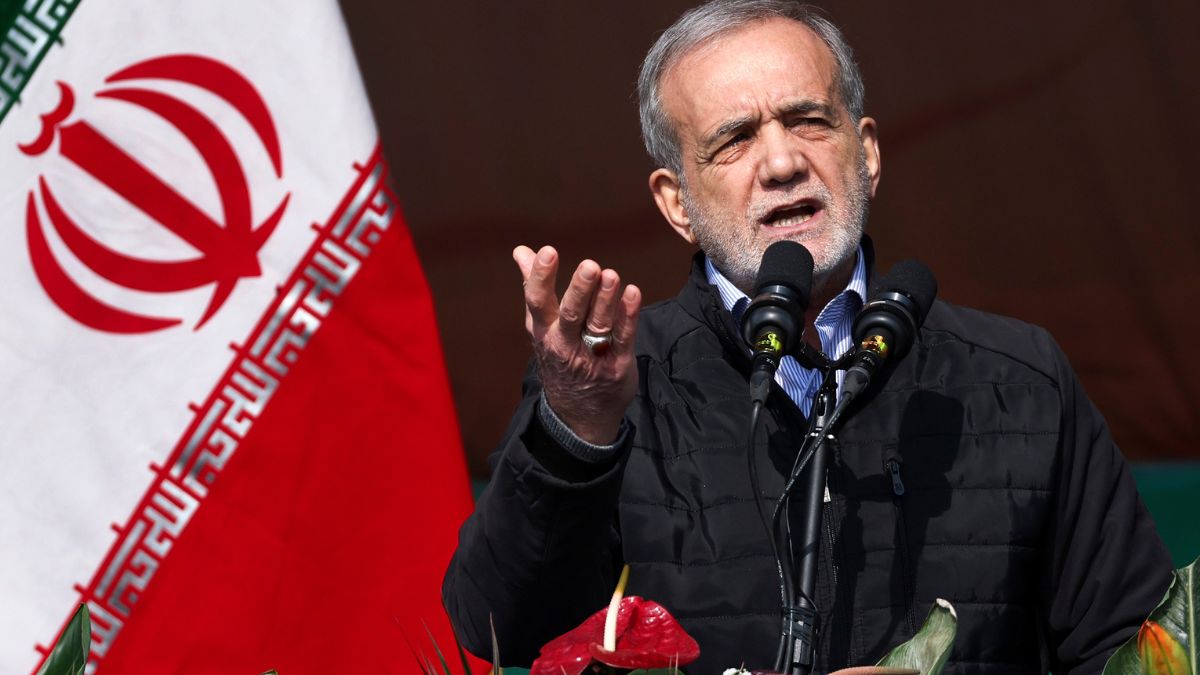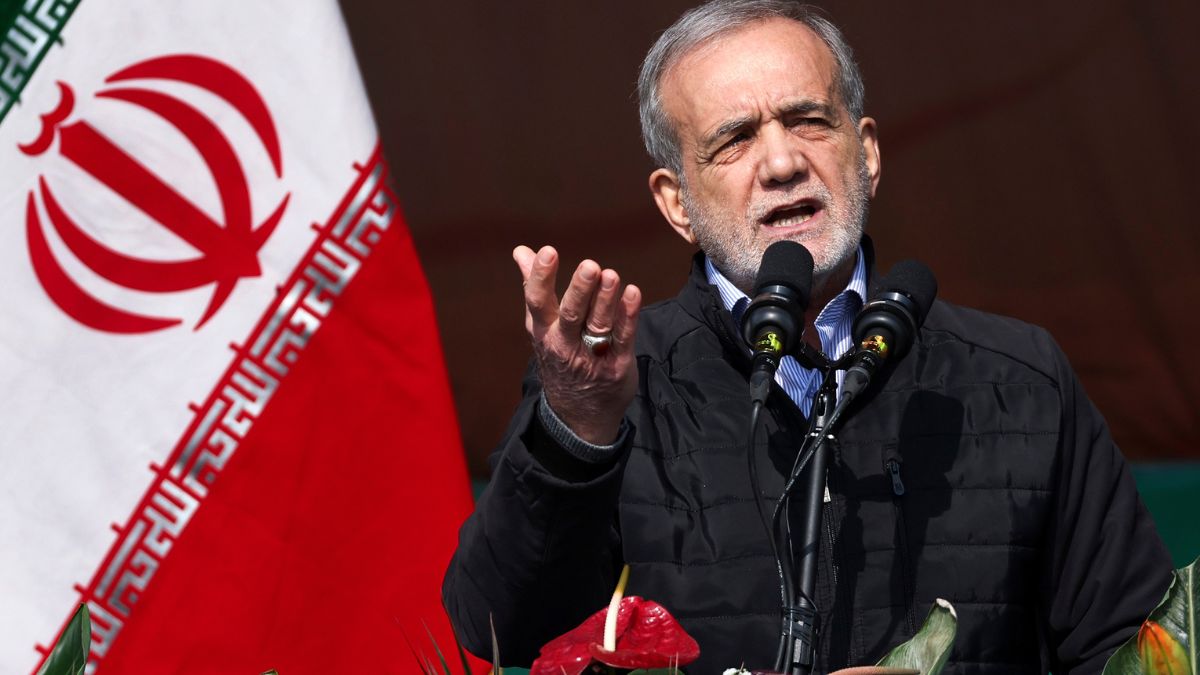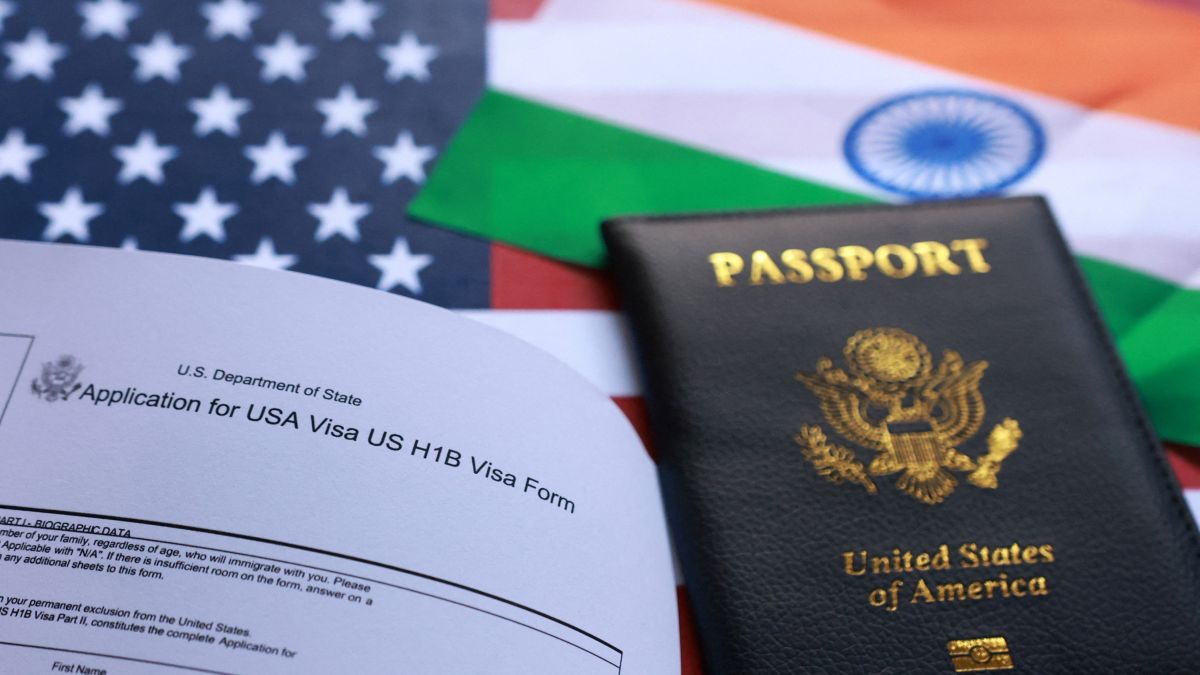US tech stocks are heading for their steepest weekly decline since President Donald Trump’s “liberation day” tariffs sent shockwaves through global financial markets in April, with fears over stretched valuations triggering a massive $900 billion selloff in artificial intelligence-linked companies.
According to a Financial Times report, citing market data, the combined market capitalisation of eight of the world’s most valuable AI-related firms — including Nvidia, Meta, Palantir, and Oracle — has plunged by about $911 billion since the end of last week.
Losses deepened in early trading on Friday, with Nvidia shares dropping 2.6%, extending a week of heavy declines. Other major tech firms such as Microsoft, Amazon, and Broadcom also saw their stock prices tumble over the week, adding to broader weakness across the sector, added the report.
The selloff has dragged the tech-heavy Nasdaq Composite index down roughly 4% for the week — its worst five-day performance since April 2018, when Trump’s sweeping tariff announcements sparked a 10% drop amid fears of a full-blown trade war.
Nvidia, the world’s most valuable company, has suffered the sharpest loss in dollar terms this week, shedding more than $430 billion in market capitalization amid a broader selloff in technology and artificial intelligence stocks.
The decline comes as the chipmaker faces renewed challenges in maintaining its dominance in the AI race and growing uncertainty over its ability to sell advanced processors to China.
Impact Shorts
More ShortsNvidia’s chief executive Jensen Huang told the Financial Times earlier this week that he believed China was ultimately “going to win the AI race” against the United States. He later sought to clarify those remarks, saying that China was “nanoseconds behind America in AI.”
The comments came at a time when the company’s expectations were fading that the US government would permit it to export a modified version of its latest Blackwell AI processor to Chinese customers — a key market for Nvidia’s high-end chips.
Meanwhile, Chinese developers are rapidly narrowing the gap with leading US players such as OpenAI, Microsoft, Google, Meta, and Anthropic, all of which continue to invest heavily in AI infrastructure built largely around Nvidia’s hardware.
Beijing-based Moonshot AI this week unveiled its new Kimi K2 Thinking model, which has been hailed as a major breakthrough in China’s AI development. Reports suggest the system was trained for less than $5 million, highlighting the country’s ability to produce competitive models at a fraction of Western costs.
“Is this another DeepSeek moment?” asked Thomas Wolf, co-founder of AI developer platform Hugging Face, in a social media post referring to the launch of Kimi. The debut of DeepSeek’s low-cost R1 model earlier this year triggered a Wall Street panic that wiped $589 billion off Nvidia’s market value in a single day.
Adding to the week’s unease, OpenAI faced questions about its financial resilience after its chief financial officer Sarah Friar suggested that the $500 billion AI company might seek a government “backstop” to secure future funding.
In response, OpenAI chief executive Sam Altman moved quickly to downplay the speculation, writing on social media: “We do not have or want government guarantees for OpenAI data centres.”
Altman added that he expected OpenAI’s revenues to “grow to hundreds of billion[s] by 2030,” though he acknowledged that this projection could fall short of the company’s vast AI infrastructure commitments, which he estimated at $1.4 trillion over the next eight years.
With inputs from agencies


)

)
)
)
)
)
)
)
)



